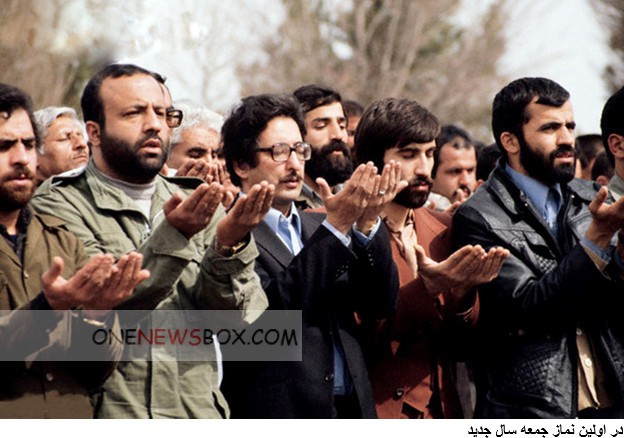After the resignation of the interim finance minister Ali Ardalan on 27 February 1979, he was appointed finance minister by then prime minister Mehdi Bazargan. On 12 November 1979, Banisadr was appointed foreign minister to replace Ebrahim Yazdi in the government that was led by Council of the Islamic Revolution when the interim government resigned. He symbolizes the tension between revolutionary ideals and authoritarian control, highlighting the struggles of leaders who attempt to balance religion, politics, and modern governance.
Banisadr passed away on October 9, 2021, in France. His life reflects a journey of intellectual pursuit, political courage, and unwavering commitment to his vision of a democratic. Abolhassan Banisadr was a strong advocate for democracy within an Islamic framework. Unlike hardline clerics who emphasized absolute religious authority, Banisadr believed in balancing Islamic principles with modern governance. Banisadr argued that the executive branch should have autonomy to implement policies effectively without undue interference from clerical institutions.

